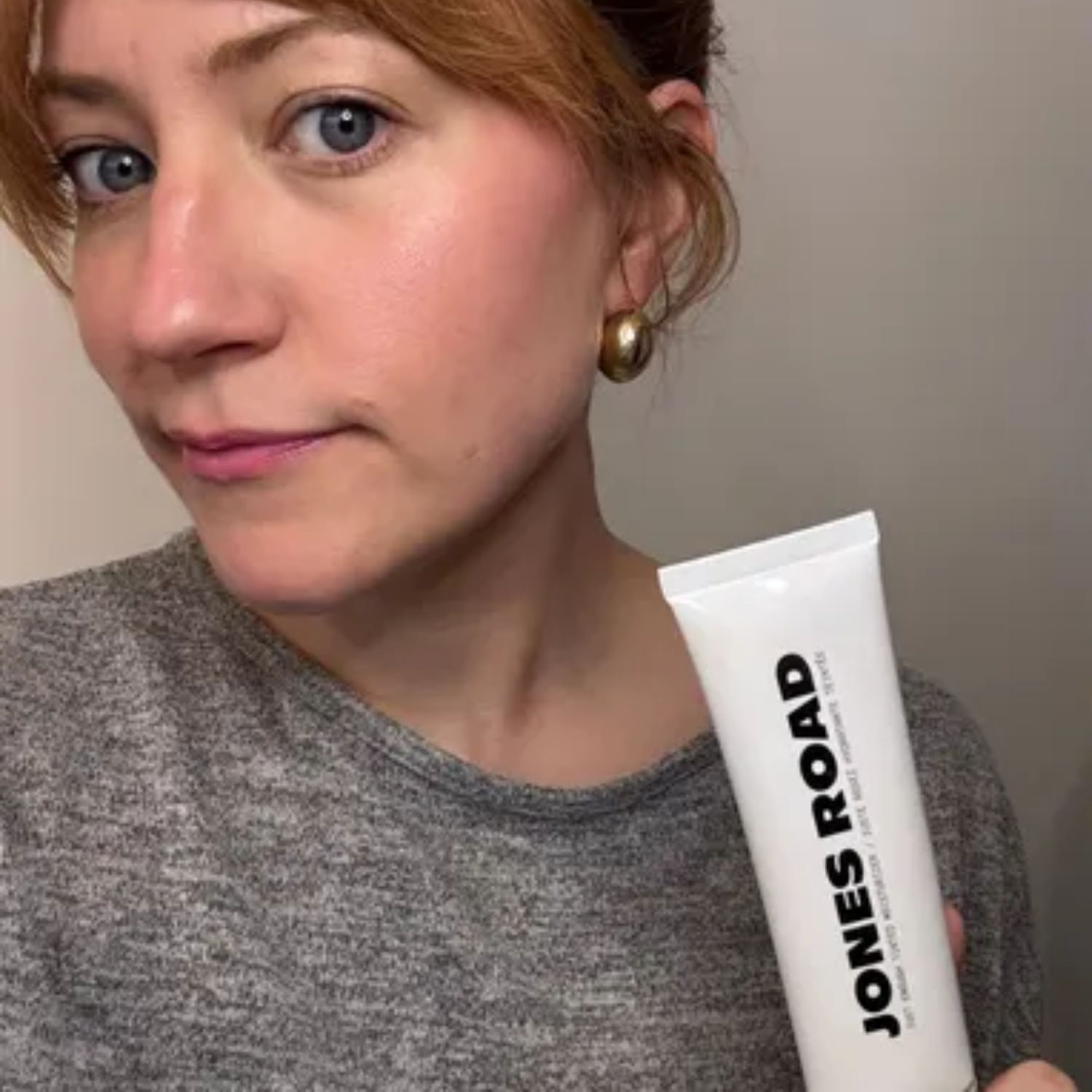Are your looks the reason you didn't get that job?
Some consider it luck of the draw that attractive people are often more successful than those less blessed with looks. But is success really only skin deep?

Some consider it luck of the draw that attractive people are often more successful than those less blessed with looks. But is success really only skin deep?
Didn't get that job you were destined for? It might be as simple as looking in the mirror. Researchers believe looks have become a deciding factor when it comes to your career, with appearance emerging in legal disputes as the new form of racism.
Economist Daniel Hamermesh argues that ugliness is no different from race or a disability and claims unattractive people deserve legal protection from discrimination.
'My research shows being good looking helps you earn more money, find a higher-earning spouse and even get better deals on mortgages,' he says.
'Some people are born ugly and there's not much they can do about it. You're pretty much stuck with your looks.'
Shouldn't less blessed people have the same opportunities as their fairer-faced counterparts when it comes to getting a job, or is it acceptable that looks are an imperative pre-requisite for certain career roles and companies?
Lawrence Davies of the Equal Justice law firm believes we should be wary of amending current equality laws. 'People who appear to be conventionally beautiful have fewer barriers to workplace success,' he says.
Marie Claire Newsletter
Celebrity news, beauty, fashion advice, and fascinating features, delivered straight to your inbox!
'However, protecting conventionally ugly people or offensively linking that condition to a disability would take society in the wrong direction.'
The issue was raised by the case of Shirley Ivey, 61, who is suing her former employer in Washington for 'lookism' after she was told by a supervisor that he would like her more if she was prettier.
Do you think looks are used as a form of discrimination in the workplace? Should there be regulations to protect against 'lookism' or has it become an over-sensitive issue? Marie Claire wants to hear from you by posting a comment below.
-
 I tried Sofia Grainge’s go-to lymphatic drainage massage - and the results were astonishing
I tried Sofia Grainge’s go-to lymphatic drainage massage - and the results were astonishingThe results go way beyond aesthetics.
By Ashleigh Spiliopoulou
-
 I was overusing (and wasting) my skincare products until a dermatologist taught me this trick
I was overusing (and wasting) my skincare products until a dermatologist taught me this trickLess slathering, more targeting.
By Darcy Brown
-
 My dry skin loves a tinted moisturiser in the summer months—this one is *outstanding*
My dry skin loves a tinted moisturiser in the summer months—this one is *outstanding*It ticks the boxes for coverage and nourishment
By Matilda Stanley